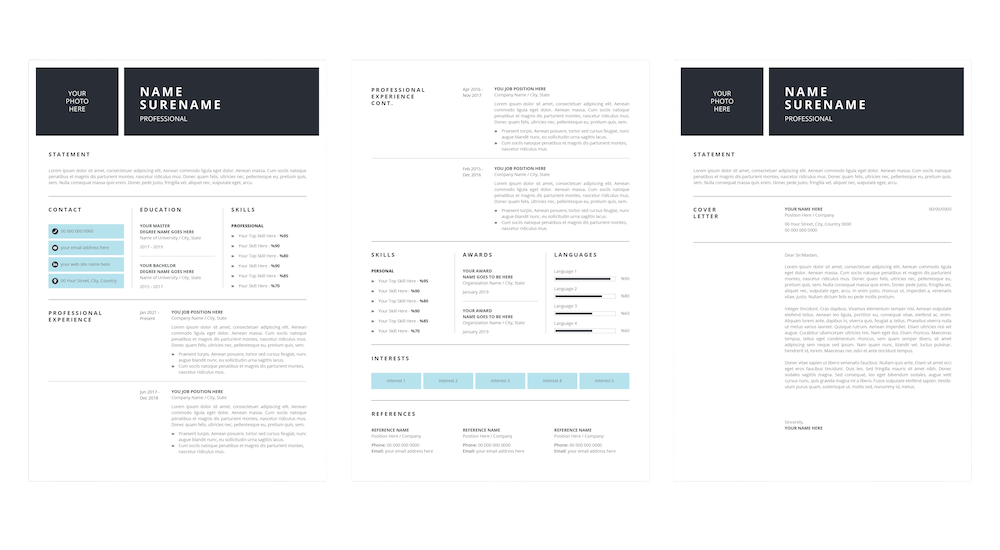Europe and more specifically, the Mediterranean is the most populated sea in the yachting world and is busiest during the summer months (April – September). The Mediterranean Sea is the body of water that separates Europe, Africa and Asia and is connected to the Atlantic Ocean by a narrow passage called the Straits of Gibraltar. The Med has amazing infrastructure, shipyards, marinas and yachting services and is therefore also a very popular place for yachts and crew to remain during winter months.
Finding a Superyacht Job in Europe / The Med:
The best time of the year to find a job is either side of the season, directly before or immediately after. Boats generally tend to crew up for the Mediterranean season in April and May and they may then hire crew again before crossing to their next seasonal destination, the most popular of which, is the Caribbean and usually occurs in September-November. Many vessels will base themselves in the south of France, Italy and Spain. Antibes and Palma de Mallorca are therefore the most common places for crew to base themselves and find jobs.
Cruising in the Med:
The Med is mostly surrounded by land which is one of the many factors that make it an ideal cruising area for yachts. It is generally well-protected, is non-tidal and boasts crystal clear water and some of the best beaches in the world. Additionally, Europe is rich in culture and a Mediterranean season will involve stopping off at some of the greatest cities in the world. As a crew member, time off will be limited in the summer months, however, you are likely to be fortunate enough to briefly experience a few of the amazing cities and attractions that Europe has to offer. Whether its partying in Ibiza, exploring the French Riviera, enjoying a beach bar in Greece or wandering the streets of Turkey and Croatia, you are sure to have an amazing time with any downtime you may get in Europe.
As a crew member, the job varies slightly in the Med compared to other seasonal destinations. In the summer months Europe experiences long hours of daylight and the sun can set as late as 21h30. Guests therefore (generally) tend to be slower in the morning and to go to bed later. It is also common to spend many nights in port as guests want to experience the vibrant cultures, cities and ports and often eat ashore. The type of guests you have onboard in Europe may also vary, unlike areas such as the Caribbean, South Pacific, etc. where guests are most likely on board to get away from other yachts and enjoy nature and activities like diving, snorkelling and fishing. The Mediterranean lacks marine life and is densely populated with yachts. The guests tend to prefer a higher level of service here and the deck crew can expect countless tender runs to and from shore.
Winter Months:
The med season begins to slow down in September. Many yacht crew members are hired on a seasonal basis and their employment contracts will come to an end. Others will prepare to take the vessel to their next seasonal destination and some may remain on board the yacht for a winter yard (maintenance) period. There is a lot of crew turnover during this stage of the year and is a good time to find employment.
If you are employed on a yacht that remains in Europe for the winter, your work will vary greatly from the summer months. There is a good chance the boat will be hauled out the water onto the dry dock at some stage as well (possibly for the whole period, depending on the scope of work to be done). It is highly unlikely you will have guests on board and everything will be covered and stowed away for the winter months. The yacht will undergo maintenance and alterations during this period. It is a very busy time for engineers who will focus on scheduled maintenance, repairing breakages and faults that may have occurred during the season, and making improvements to onboard machinery and systems. The deck department will focus on maintenance (varnishing, polishing, painting) as well as inventory and season orders. The interior will focus on inventories, stain treatments, ordering, polishing and deep cleaning.
The off-season is also a good time to train and rest crew. It is likely that hours will be 08:00 – 17:00 and that you will have weekends off, provided you are not on watch. The winter months can be an amazing experience for crew members if you enjoy the colder, wetter weather. There tends to be a more relaxed atmosphere on board with ‘normal’ work hours in place and more downtime. Having weekends off allows you to explore the area you are in, or even possibly take a few days off for a skiing trip. It will also provide deck and engine room crew members with invaluable yard experience, which will stand them in good stead for their careers.
Visas and Legal Requirements:
Visa requirements vary depending on your nationality and role on board. Schengen visas are necessary for all non-European and non-British crew. It can be obtained from the embassy of your first point of entry into Europe and allows you to move freely between all the European countries that form part of the Schengen area. However, the amount of days you are allowed in the Schengen area varies depending on your nationality, contract, yacht policies etc.
It is common for Schengen visa holders to be stamped onto the vessel and out of the Schengen zone to freeze their allocation of days in Europe. In this instance crew will not be allowed to leave the area in which the yacht is located. It is therefore essential to ensure that you consult with your captain/yacht agent or visa specialists to ensure you have the correct visas, are working legally and know your restrictions.

